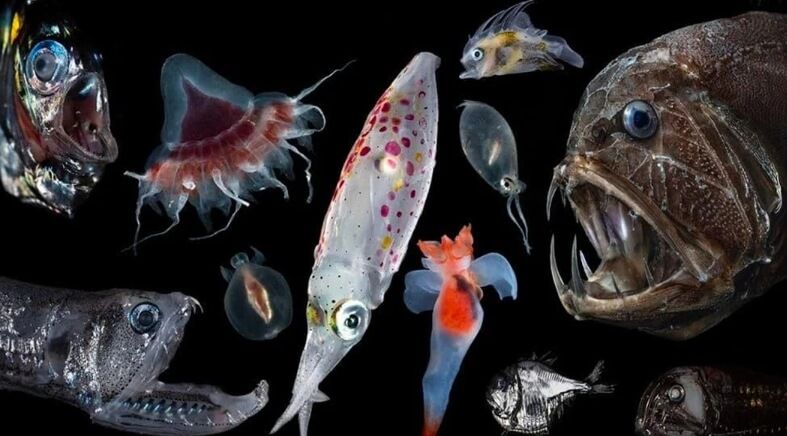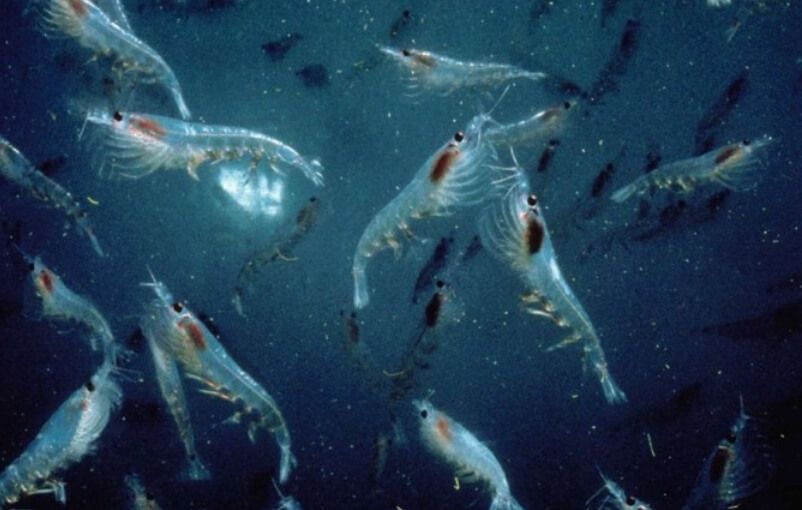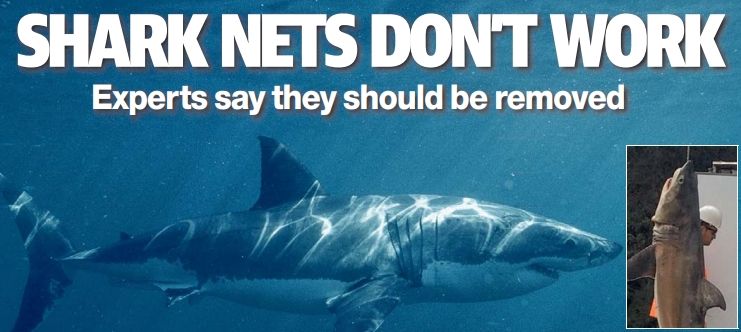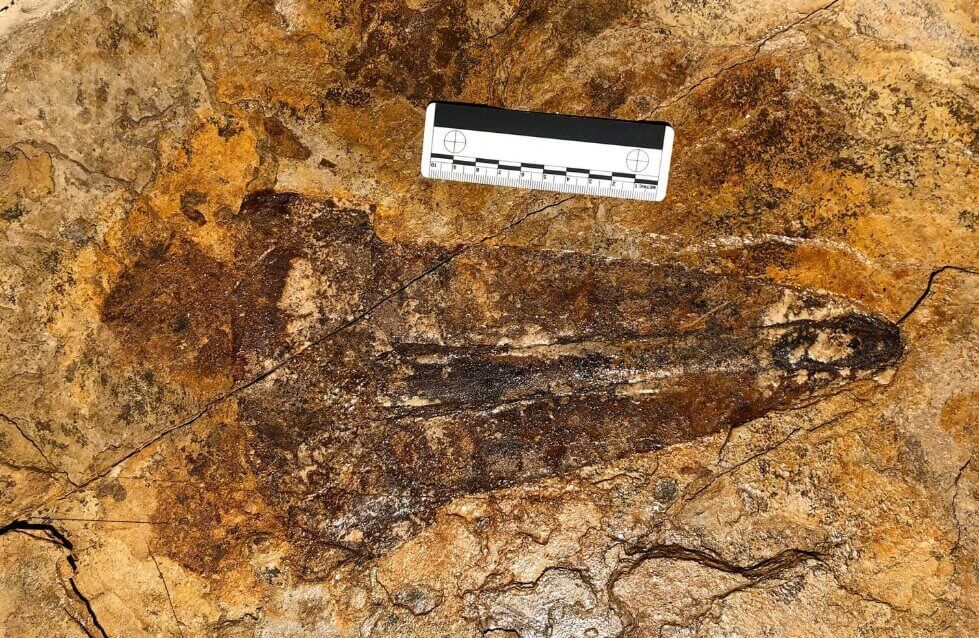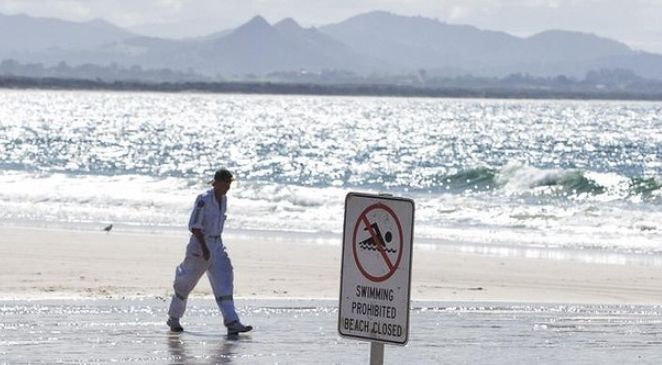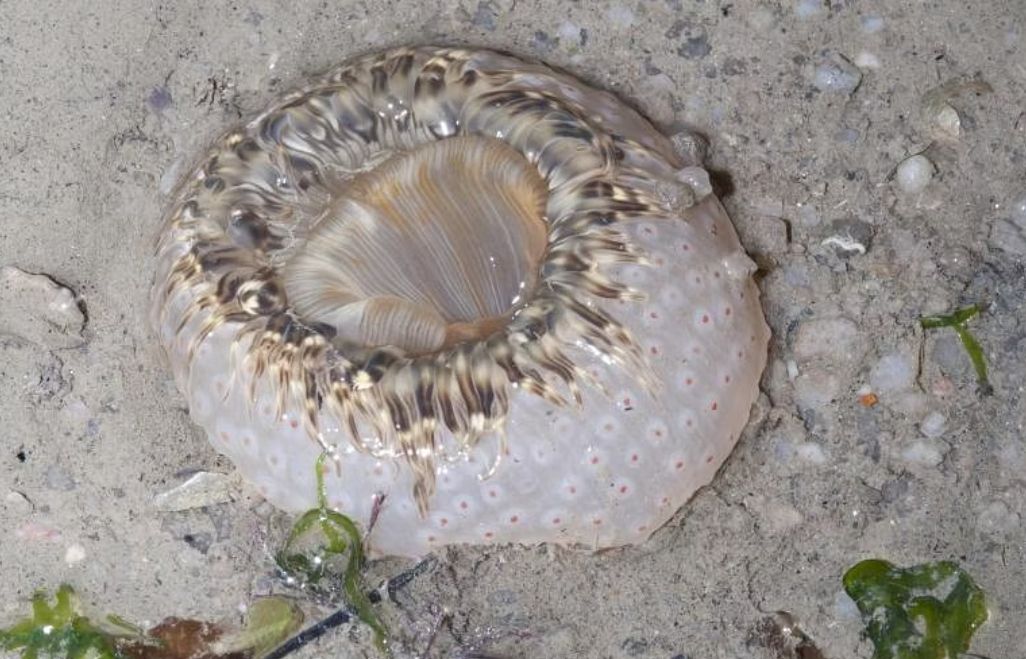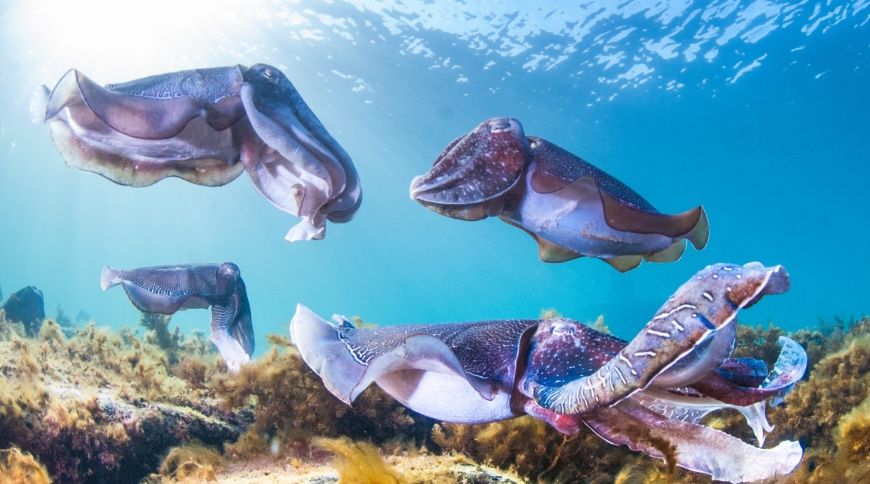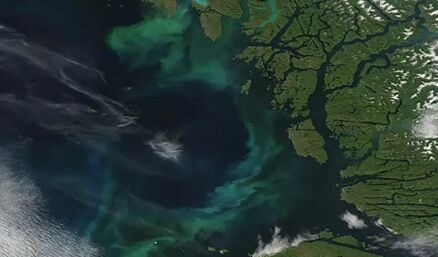Recent research warns that global warming is significantly impacting the depths of the ocean, posing risks to marine species that serve as a vital food source for humans. The pelagic environment, encompassing areas of the ocean where marine life does not rely on the seabed, is particularly vulnerable to the effects of climate change. The research, published in the journal Nature, reveals that nearly 70% of all oceans are expected to experience a decline in pelagic animal biomass due to these changes.
Understanding the Impact of Climate Change
A team of international researchers utilized innovative methodologies, including studying the seabed and constructing specialized models, to predict the extent of climate change’s impact on marine life. The researchers compiled an extensive database of underwater sonar observations from previous regional studies, covering over 350,000 kilometers of the world’s oceans, excluding the polar circles.
The findings indicate that low and mid-latitudes regions are at risk of losing between 3% to 22% of animal biomass, which includes fish, mollusks, jellyfish, and other marine species that play crucial roles in the food chain, eventually affecting human consumption.
The Importance of Pelagic Environment
The pelagic environment is a crucial habitat within the ocean, housing diverse marine life that does not depend on the seabed for survival. Many of these organisms play a vital role in vertical carbon migration, known as the oceanic carbon pump. This process aids in the retention of atmospheric carbon dioxide (CO2) in the oceans, helping to mitigate the effects of global warming.
However, as the research indicates, the reduction in the abundance of these organisms due to climate change will hinder the oceanic carbon pump, leading to increased atmospheric CO2 levels and accelerating global warming.
The Role of Global Warming
Global warming, primarily driven by human activities such as burning fossil fuels and deforestation, is causing temperatures to rise across the planet. As a result, the world’s oceans are experiencing significant changes, including rising sea levels, ocean acidification, and changes in marine ecosystems.
The impact of global warming on the pelagic environment highlights the interconnectedness of the Earth’s systems. The declining biomass of marine species not only threatens the delicate marine ecosystem but also affects the food chain and, ultimately, human livelihoods.
Hope for Mitigation
Despite the alarming findings, the research also offers hope for mitigating the impact on marine species and the pelagic environment. If global temperature increases can be limited to below 2 °C, the adverse effects on fauna are projected to be reduced by less than half. This emphasizes the urgency and importance of global efforts to reduce greenhouse gas emissions and combat climate change.
The research underscores the urgent need for collective action to address the devastating consequences of global warming on the world’s oceans. The decline of pelagic animal biomass poses significant risks to marine ecosystems, human food supply, and the planet’s overall ecological balance.
As countries and communities strive to meet the challenges of climate change, it is essential to adopt sustainable practices, promote renewable energy sources, and protect vulnerable marine habitats. By working together to address climate change, we can safeguard the depths of the ocean and ensure a sustainable future for generations to come.


